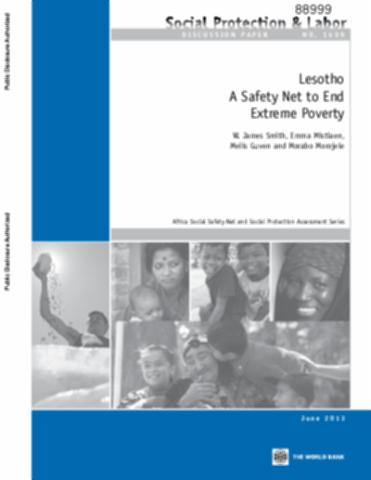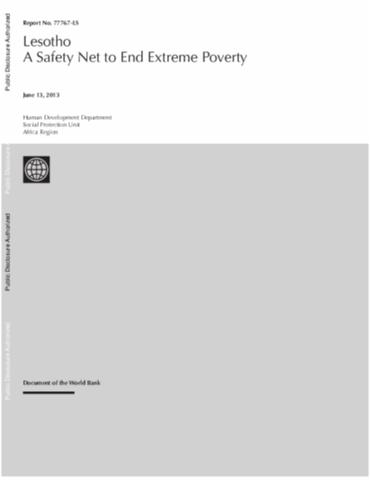Interdependences between Smallholder Farming and Environmental Management in Rural Malawi: A Case of Agriculture-Induced Environmental Degradation in Malingunde Extension Planning Area (EPA)
The objective of this article was to develop a deeper understanding of the interdependences between smallholder farming and the state of environmental management in rural Malawi. We examined the agricultural local governance framework in Malingunde Extension Planning Area (EPA), its contribution to food security and how it conflicts with overall land and forest resources management. The charcoal production process was discussed in line with its implications for agricultural production and environmental sustainability.






